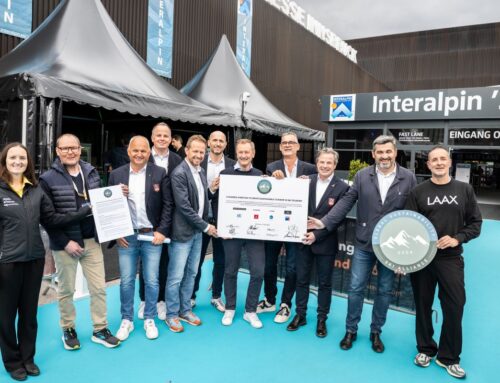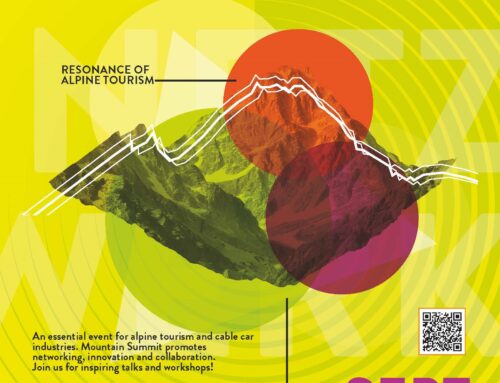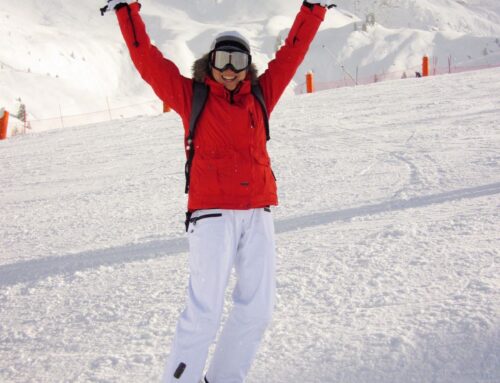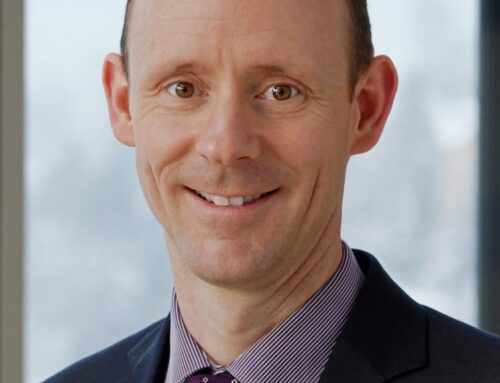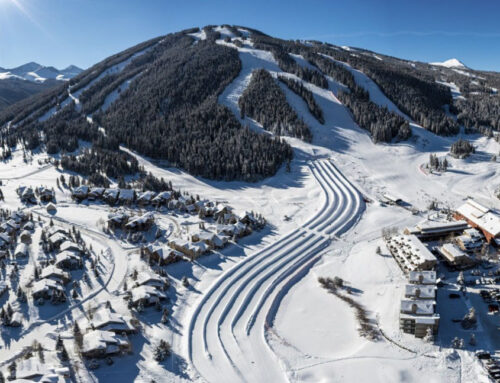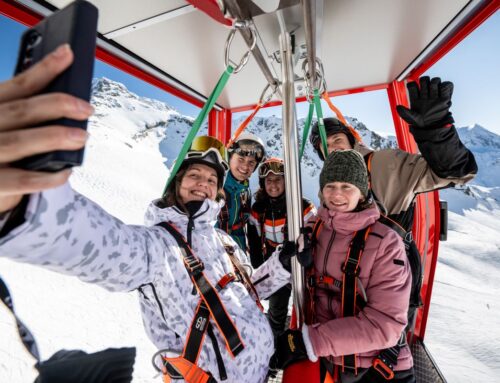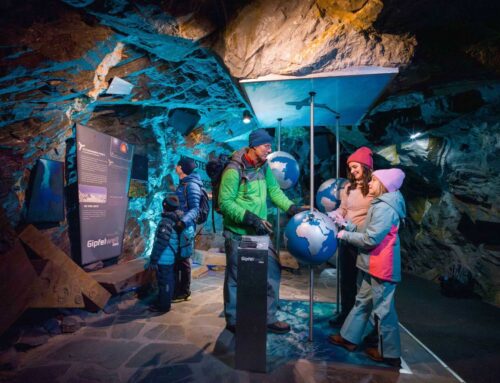
Management & Tourism, SI-Alpin
Success factors in the alpine summer
SI: Manova, together with the Austrian Institute of Economic Research (WIFO), has presented a study on the success factors in summer tourism under the influence of Covid-19. What are the key points?
Klaus Grabler: A reversal of the previous logic of success is the central insight. Everything that was considered promising in previous years was less successful in the summer of 2020 and vice versa. For example, internationalisation was considered a success factor.
In 2020, however, the destinations that traditionally have many domestic guests were more successful. This means that we must not neglect the more crisis-proof domestic markets in the future either.
In the past years, the focus was on a diverse range of offers. In 2020, however, “bathing & recreation” were most in demand. Accordingly, it was important, even as cable cars, to emphasise water experience offers on the mountain. This is because guests who wanted to go to the water, Covid-19 conditionally, looked for alternatives.
In 2020, the “nature experience” was very much in demand – and that’s where the mountain railways come in. Offers that involved fewer contacts tended to be more successful. In terms of the mountain railways, this means that hiking and biking were more in demand than the attractions where people congregate in a smaller space.
What led to the study?
What makes tourism more resilient to crises? That was our initial question. For this purpose, the competences of the Austrian Institute of Economic Research WIFO and of us as Manova were bundled. The client was the Austrian Hoteliers Association (ÖHV).
Did the study provide the insights you had hoped for?
We thought that it would be possible to filter out much finer success factors. But centrally responsible for the success in demand in summer 2020 were – overlaying everything else – “domestic guests” and “bathing & recreation”. The reason for this lies in the market volume freed up in 2020.
The study talks about “borrowed guests”. What is meant by this?
These are guests who could not go to their usual bathing and recreation destinations and looked for something as similar as possible. Even if “bathing & recreation” is not a central mountain railway experience at first glance, we have the chance to convince some of these guests that there are interesting things for them on the mountain.
How great is the potential of this group of guests?
In their usual mindset, they are far away from mountain railways and mountain experiences. And yet there is potential in them to turn them into guests in the future. Because many of them don’t have it present that the mountain offers exciting opportunities for them.
When they are in the region, as it was in 2020 and will be to some extent in 2021, they can be addressed locally with exciting mountain offers.
Can the results of the study be applied to the entire Alpine region?
From the analysis of the developments in Germany, Switzerland and Italy, we recognise the same patterns. Water has moved everywhere. The foreign bathing holidaymakers have become free throughout the Alpine region and have looked for domestic substitutes. The proportion of domestic guests has risen significantly in each case. Especially strong in South Tyrol and Switzerland.
On the basis of the study, what should we pay special attention to for the mountain railway summer of 2021 and beyond?
We should distinguish between Covid-19 influences and general developments. The trend towards exercise in nature, such as hiking and biking/mountain biking, will continue. Diversification of the offer is the right way.
Hiking, biking and the various adventure attractions on the mountain are success factors, also in the future. For 2021, the theme of “water & recreation” should be emphasised locally, where available: Especially with the guests who are in the respective destination!
The interview was conducted by Oliver Pichler.
